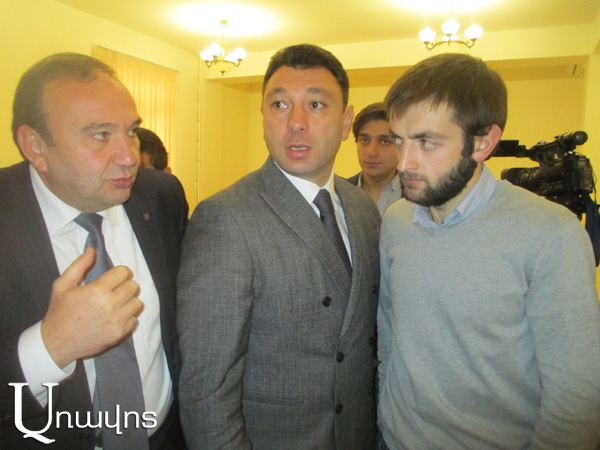I don’t know what the agreement between students protesting against the limitations of deferment and deputies (government) will be, let’s hope that the sides will reach mutually acceptable compromises. But the issue of army reforms is, of course, not limited to “closing the loophole” of getting exempted from the army through allegedly being engaged in science. I think, the process of exempting from the army for health problems should also be taken under strict control, as well as the lists including names of all ministers, deputies and their sons (grandsons) should be officially published, clearly stating who have served, who haven’t, and in the second case also mentioning what was the reason for exemption. No need of assessments and, moreover, of punishment, only simple information.
But that is not enough either. Those who are legally exempted from military service, should be aware of what to do in case of war. It has nothing to do with militarization. Many “peaceful” advanced Western countries are paying attention to this problem without resorting to any emergency measures. Finland has such an experience as the world’s leader in terms of democracy, freedom of speech, education quality, anti-corruption fight, and other key indicators. A country with about 5.5 million population has an army of 22,000, but also a strong “reserve” of 250,000, people who are willing to start serving within a few hours. This is a system honed over decades, which I will not describe here, those interested can read about it. (By the way, “Aravot” has already touched upon it earlier). During the April war, thousands of Armenians expressed their desire to defend their homeland, but there is a need for organizing, directing their noble aspiration. This, by the way, would help avoid unnecessary casualties.
Of course, these reforms cannot be realized without the support of the society. Unfortunately, our compatriots who have been abroad for many different and “justified” reasons within these 25 years, and now are expressing their “huffy” emotions, have a significant impact on the Armenian public opinion (especially on the Internet). This propaganda “takes roots” in Armenia.
Aram ABRAHAMYAN




















































